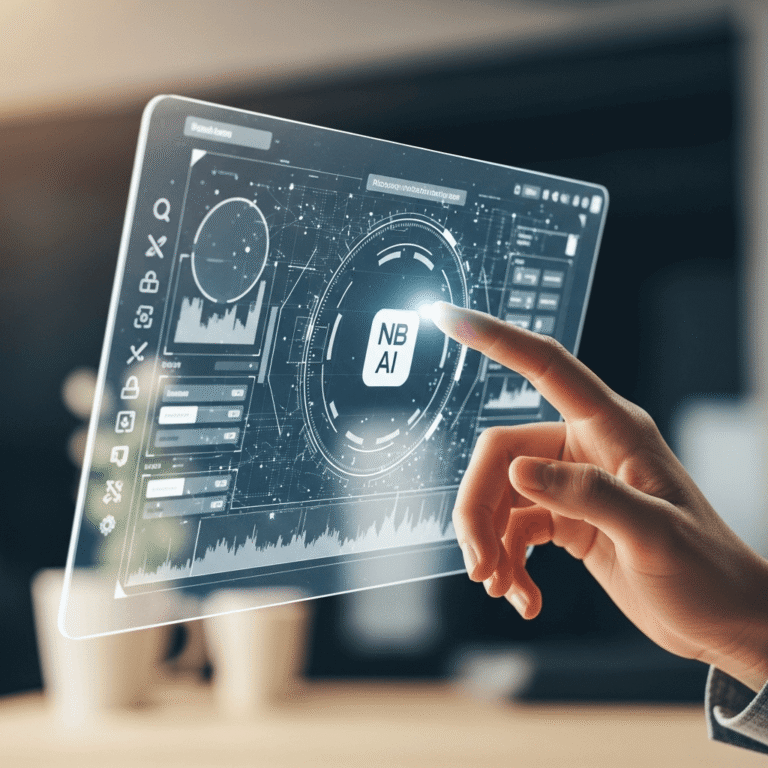AI-Enhanced ECGs Spot Dangerous Heart Block Risk
Introduction to AI-Enhanced ECGs
Artificial intelligence is transforming healthcare, especially in diagnostics. Specifically, a groundbreaking development involves AI-enhanced ECGs that can spot patients at risk of dangerous ‘heart block’ condition. This innovative technology holds immense potential to significantly improve patient safety and outcomes by enabling early detection and proactive medical intervention for a serious heart issue.
Understanding Heart Block: A Critical Cardiac Condition
Heart block, also known as an atrioventricular (AV) block, is a serious dangerous heart condition where the electrical signals that tell your heart to beat are disrupted or slowed. Normally, these signals travel from the upper chambers (atria) to the lower chambers (ventricles), ensuring a steady, rhythmic heartbeat. When a heart block occurs, however, this electrical communication becomes impaired. Consequently, the heart beats too slowly or irregularly, potentially leading to insufficient blood flow to the body’s vital organs.
The dangers of untreated heart block are significant. Patients may experience symptoms like dizziness, lightheadedness, fainting spells, or extreme fatigue. In severe cases, a complete heart block can cause cardiac arrest or sudden death if not promptly addressed. Traditionally, doctors identify heart block using an electrocardiogram (ECG), which records the heart’s electrical activity. While effective, human analysis of ECGs can sometimes miss subtle patterns or predict future progression, particularly in early stages or in patients without obvious symptoms. Furthermore, the need for proactive intervention, such as a pacemaker insertion, often arises only after a patient experiences severe symptoms, highlighting a crucial gap in early detection of heart block.
AI Revolutionizes Heart Block Prediction and Patient Care
A new era of AI in cardiology has emerged, offering a powerful solution for predicting heart block risk. Researchers have developed an AI-enhanced ECG system that can analyze complex ECG analysis patterns with incredible precision, surpassing the capabilities of the human eye. This sophisticated artificial intelligence system learns from vast amounts of patient data, identifying subtle, often imperceptible electrical signal anomalies that indicate a high risk of developing a dangerous heart block.
The system works by evaluating the electrical “PR interval” on an ECG, a measurement that reflects the time it takes for an electrical impulse to travel from the atria to the ventricles. A prolonged PR interval can signify an impending heart block. Crucially, the AI doesn’t just measure; it understands intricate variations and combinations of these heart electrical signals across different patients, even those with seemingly normal PR intervals. Therefore, it can pinpoint individuals who might develop significant heart block within the next year, long before they experience severe symptoms. This proactive patient risk assessment is a game-changer.
The implications for patient care are profound. By identifying high-risk individuals early, doctors can intervene sooner, perhaps by monitoring patients more closely or even considering a preventative pacemaker insertion. This foresight can prevent life-threatening events, improve quality of life, and potentially reduce emergency hospital visits. Consequently, this AI-enhanced ECG technology represents a significant leap forward in preventative cardiac medicine, offering hope for safer and healthier outcomes for many patients at risk.
Conclusion
In summary, the advent of AI-enhanced ECGs represents a monumental step in cardiac care, offering unprecedented capabilities to spot patients at risk of dangerous ‘heart block’ condition. This innovative technology actively identifies subtle electrical patterns, allowing for early detection and proactive intervention, such as timely pacemaker placement. Ultimately, this advancement empowers healthcare providers to prevent life-threatening complications, drastically improve patient outcomes, and usher in a new era of preventative cardiology. The future of heart health looks brighter with AI.
Article Source: Medical Xpress







